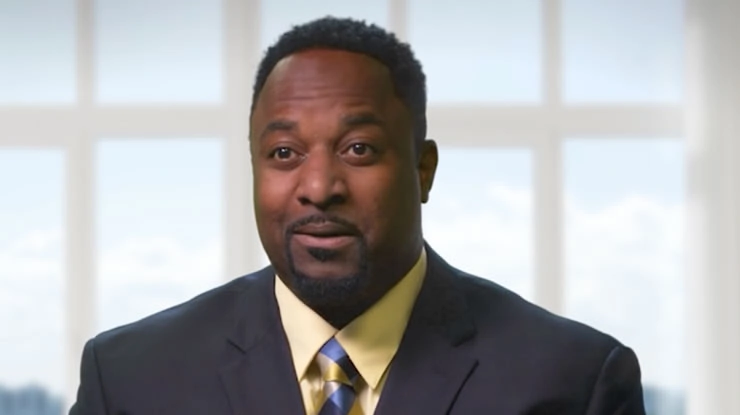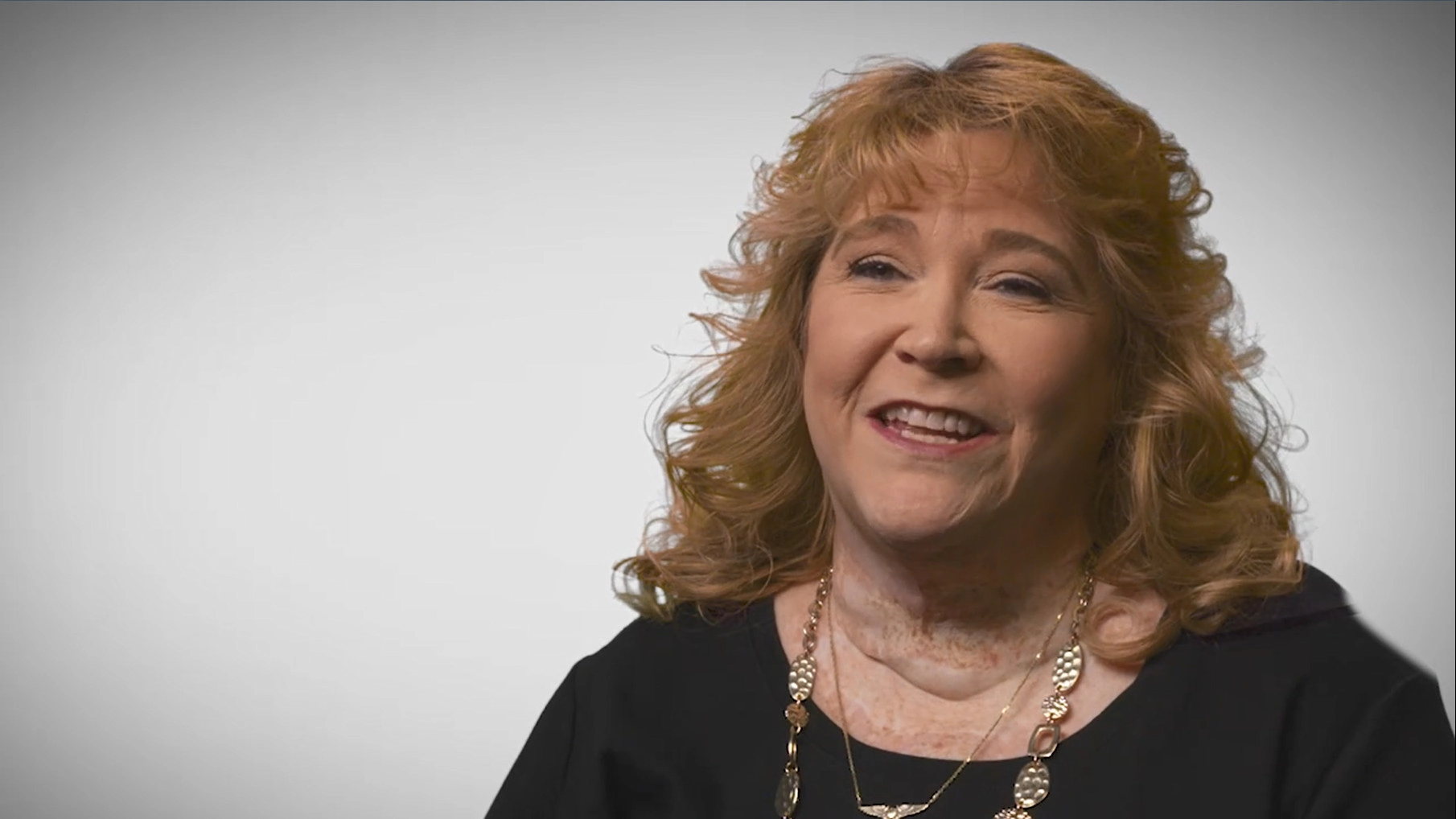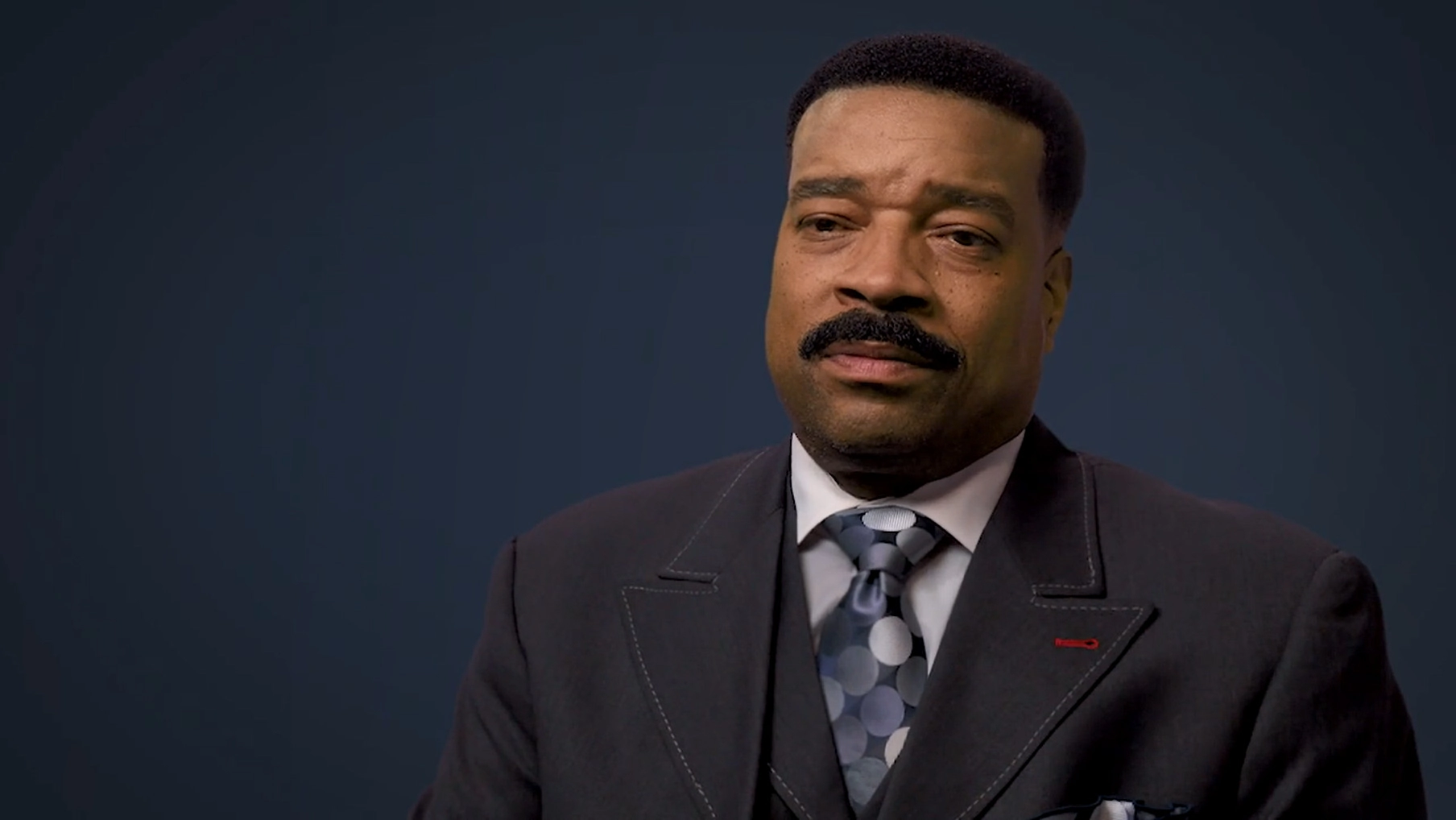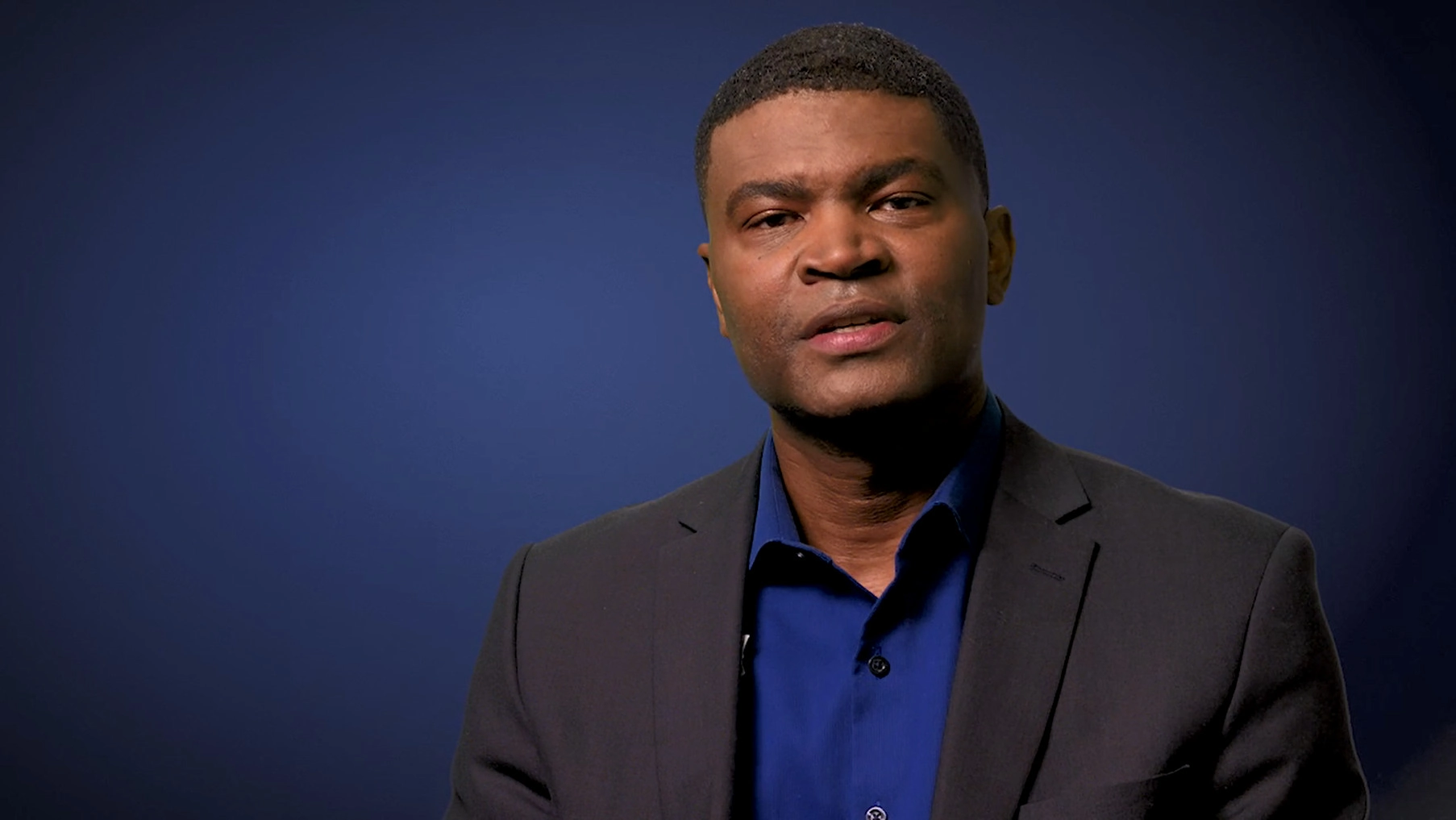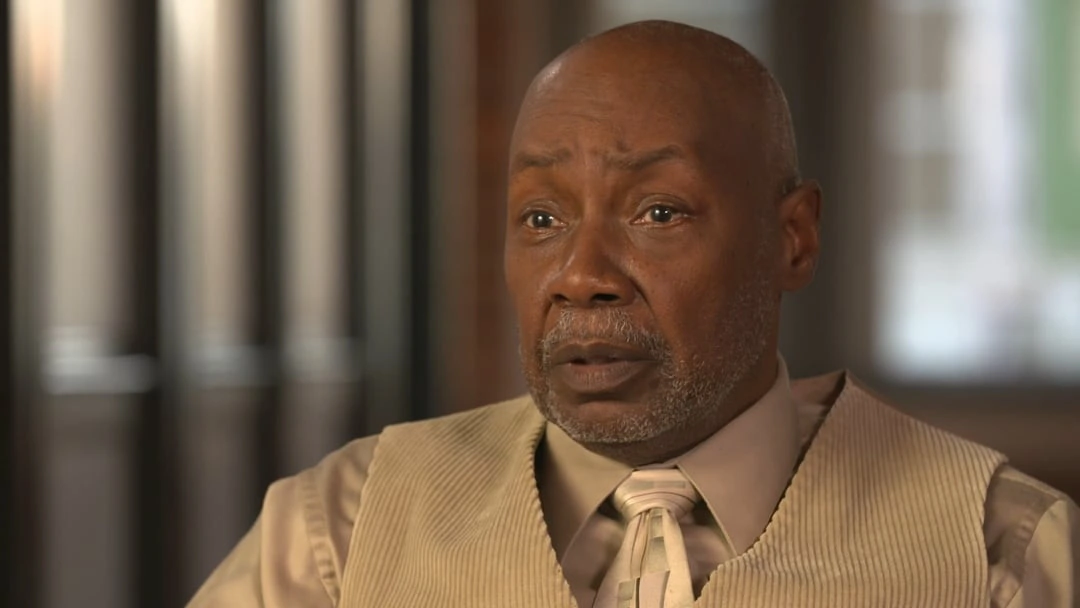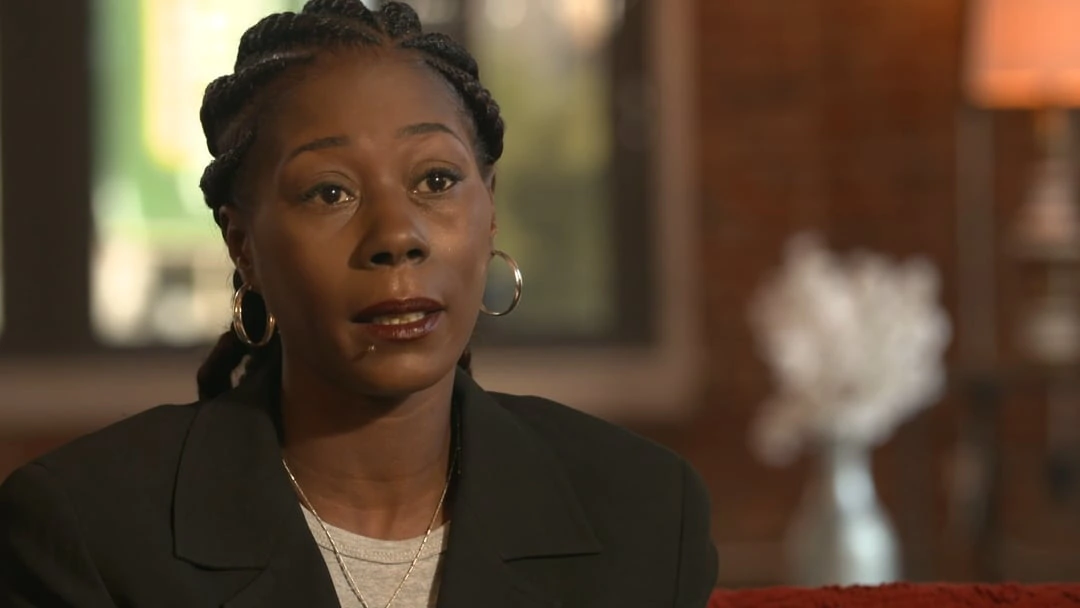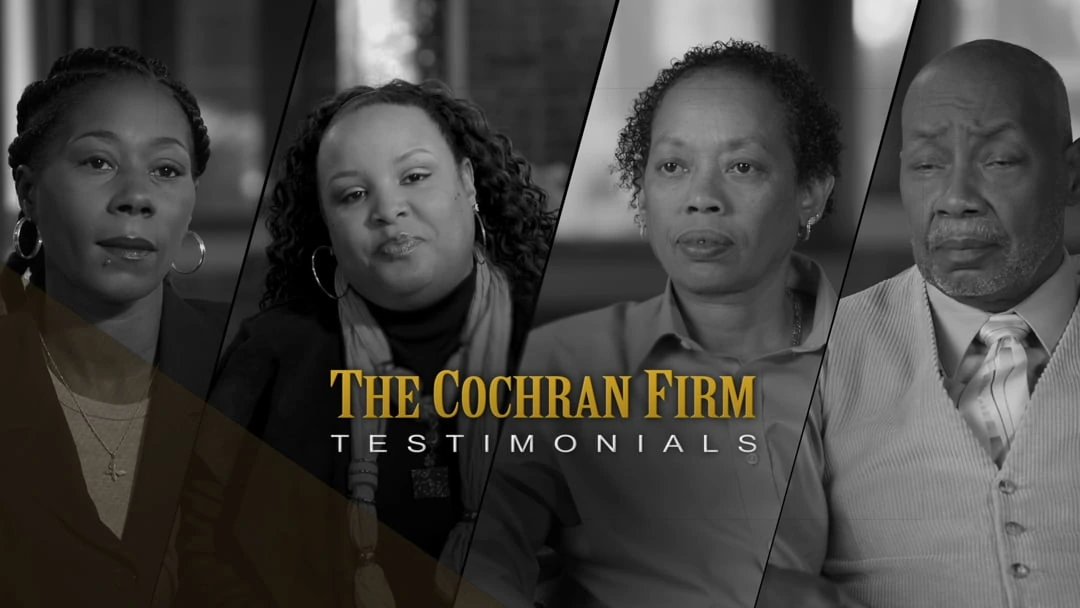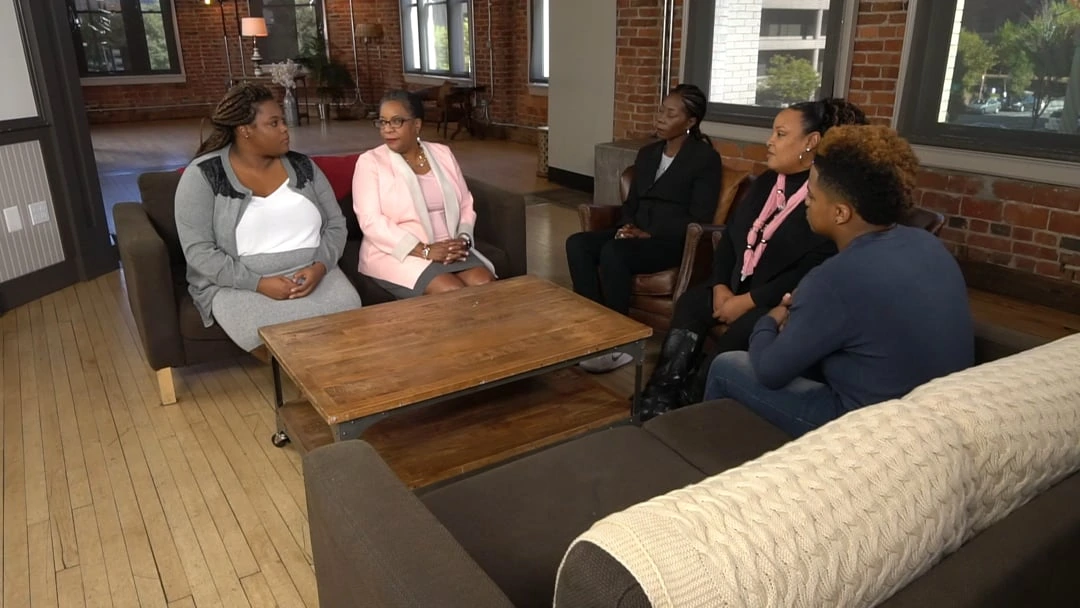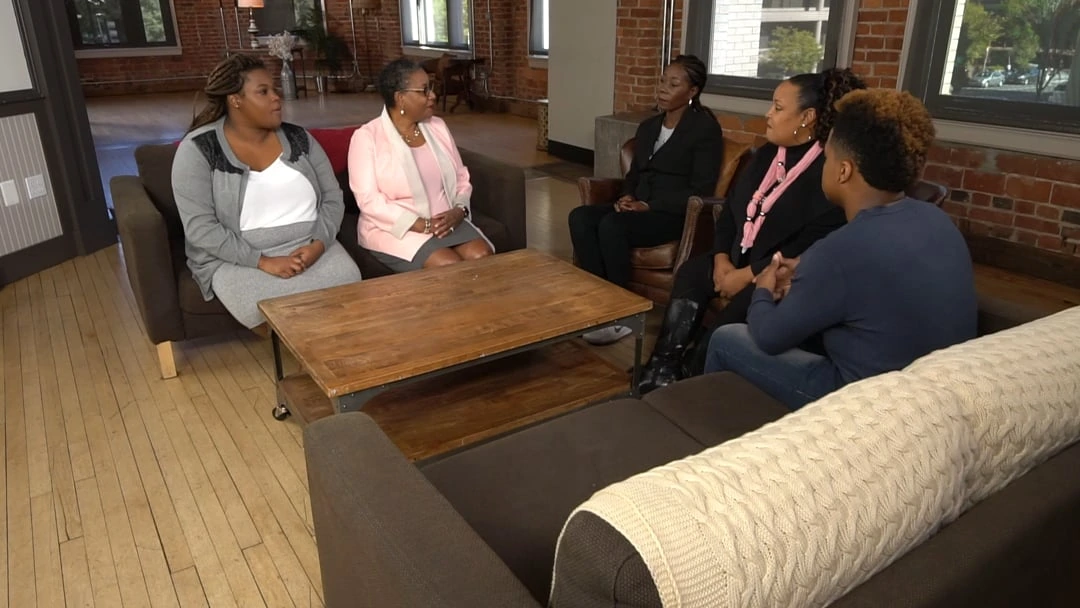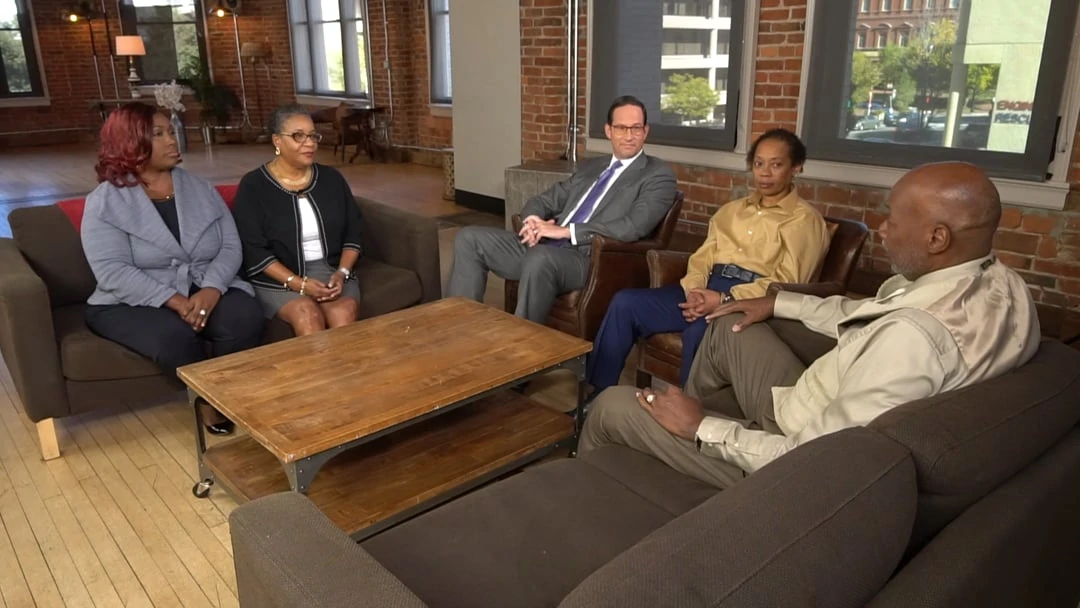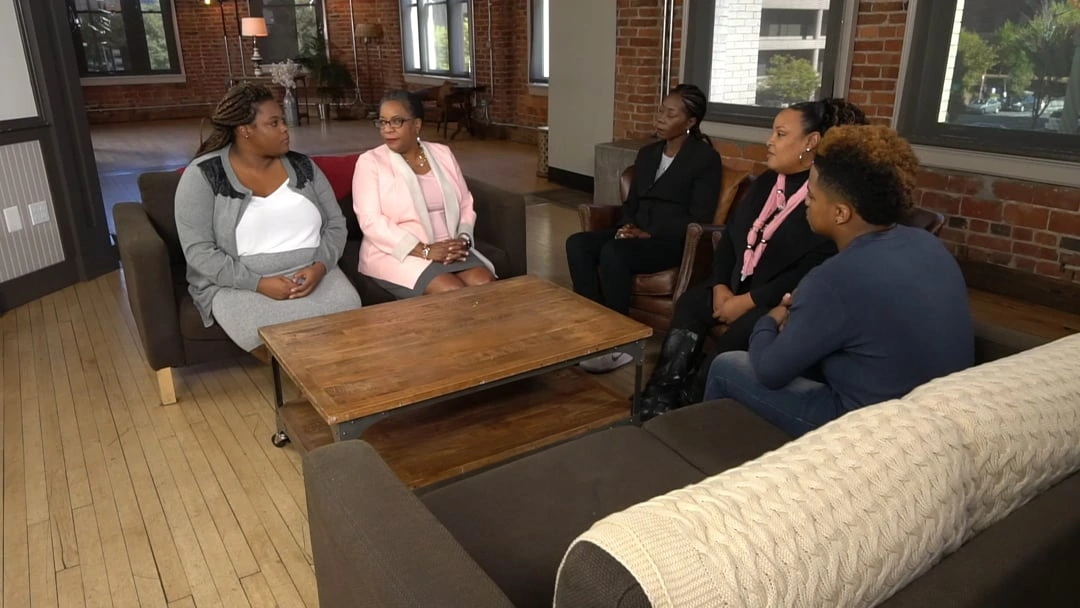The False Claims Act, also known as the Lincoln Law, is the principal tool for prosecuting fraudulent billing cases perpetrated against the federal government. It was enacted in 1863 during the Civil War to prevent contractors from defrauding the Union Army. The False Claims Act imposes liability on private companies, contractors, or individuals who knowingly defraud the government or conspire to do so. The law has been amended three times since 1986.
An important provision of the False Claims Act is known asqui tam. Qui tam cases are civil actions initiated by private citizens on behalf of the federal government. Individuals who file qui tam complaints are known as “relators” and may recover between 15% and 30% of damages awarded to the government. Since 1987, 70% of all damages recovered under the the False Claims Act were initiated byqui tam cases, amounting to $27 billion.
Relators are entitled to protection against retaliation by his or her employer when reporting acts of fraud as a whistleblower. The False Claims Act holds that retaliating employers may have to pay attorney’s fees and double the amount of damages for their wrongful acts. Relators are placed under employment protection if they bring a qui tam case and may receive double back pay and special damages if terminated after filing a whistleblower claim.
Lawsuits brought under the False Claims Act are filed under seal in federal court. The Department of Justice (DOJ) will then investigate the case and decide whether to pursue the case (known as “intervention” or “intervening”). Typically, cases pursued by the DOJ have a much higher success rate of recovering damages but less than 25% of filed qui tam cases receive DOJ intervention.
Thirty states and the District of Columbia have their own False Claims Act laws. They provide similar qui tamprovisions for relators to recover damages against the state for fraud perpetrated against publicly-funded programs.

